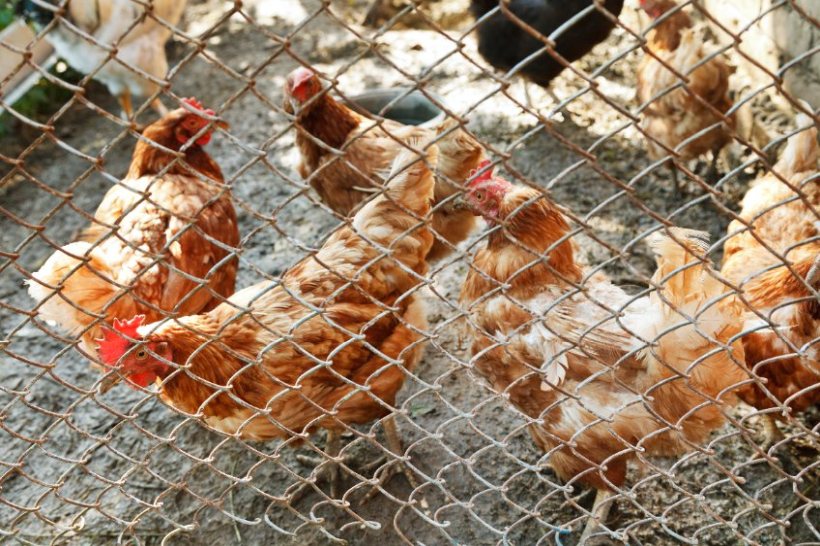
Poultry farms in Essex and Yorkshire have confirmed the presence of bird flu, just days after the virus was recorded in Wales for the first time in six months.
Highly pathogenic avian influenza H5N1 was confirmed on Tuesday night (6 September) in commercial poultry at a premises near Heybridge, Maldon, Essex.
The virus was also found in 40,000 free range hens at a farm near Bridlington, East Yorkshire.
3km Protection Zones and 10km Surveillance Zones have been declared around both premises, and all poultry will be humanely culled.
It comes after avian influenza was confirmed at a premises in Gwynedd, the sixth to have been detected in Wales in the past year, and the first in six months.
The uptick in cases has forced the government to intervene in the South West of England, where a regional Avian Influenza Prevention Zone (AIPZ) is currently in place.
It is a legal requirement for all bird keepers in the counties of Cornwall, Devon and parts of Somerset to follow strict biosecurity measures.
Recently, the region has seen an increase in the number of highly-pathogenic avian influenza cases in both poultry and in captive birds.
Since late October 2021, the UK has faced its largest ever outbreak of bird flu with over 140 cases confirmed across the country.
Defra said all bird keepers must keep a close watch on them for signs of disease and maintain good biosecurity at all times.
"You should register your poultry, even if only kept as pets, so we can contact you during an outbreak. This is a legal requirement if you have 50 or more birds.
"The risk of incursion in wild birds in Britain remains at medium. The risk of poultry exposure to HPAI H5 has been reduced to low where biosecurity is suboptimal and low where good biosecurity is applied," the department said.
